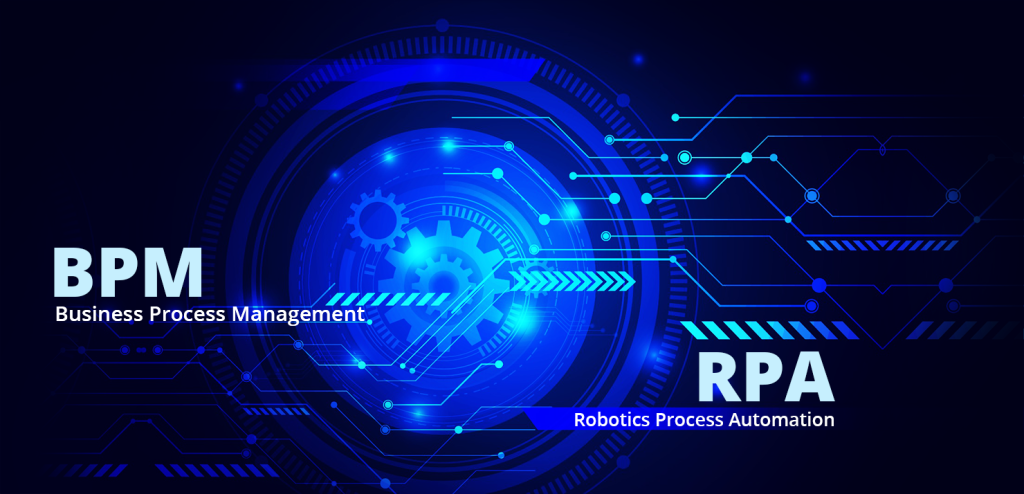Organizations practicing in an environment of rapidly changing times are becoming more and more supportive of measures having faster input-output, cheaper costs, and higher productivity. Generally speaking, this implicates RPA as the latest breakthrough, allowing companies to streamline processes, guarantee absolute platform performance, and make their businesses digitally mature. Let’s see what the looks of the possible revolution of industry professionals are, which are likely to redesign the business operations approaches.
Revolutionizing Repetitive Tasks:
Ultimately, RPA has much in common with the automation of tasks that humans used to do themselves (not involving superior tasks requiring human brains). RPA programming robots are tailored to replicate human tasks and accuracies; they can move in and out of various applications, databases, and systems and execute tasks with incredible speed, yet they are errorless.
Driving Operational Excellence:
With advanced intelligent automation hk and technology products, RPA brings rich diversity, efficiency, and optimization, which can completely change a business’s existing processes. Automation of menial tasks will reduce the time and resources spent on these tasks and bring about faster operations at a higher scale (ability), hence an adjustment to changing market conditions. The robots operate these RPA software bots autonomously, making the tasks faster and taking less time through them than the humans in the process, thereby improving the client’s satisfaction. By leveraging RPA, organizations can unlock new opportunities for innovation, enhance customer experiences, and adapt to evolving market demands in an increasingly digital world.

Facilitating Digital Transformation:
RPA serves as an engine that helps organizations execute the organizational transformation agenda, which means that they can modernize legacy systems, import data, and skyrocket strategy execution, leading to a digital agenda. RPA bots can observe the software apps with an unmatched fluidity, thus filling in the spaces within the different business systems and being integrated into the existing IT infrastructure. RPA enhances job satisfaction, fosters a culture of continuous learning and improvement, and empowers employees to become agents of change in driving organizational success.
RPA, or robotic process automation (RPA), is nowadays the modern technology that enables platforms to be more advanced in accomplishing tasks and operations that are numerous and complicated by nature. By automating repetitive tasks, streamlining workflows, and empowering employees, RPA drives digital transformation and enables organizations to thrive in today’s competitive business landscape. RPA will inevitably become a part of the work transformation process due to increasing development, and more and more companies can pass the test of time and prosper despite the limitations of their industries.










